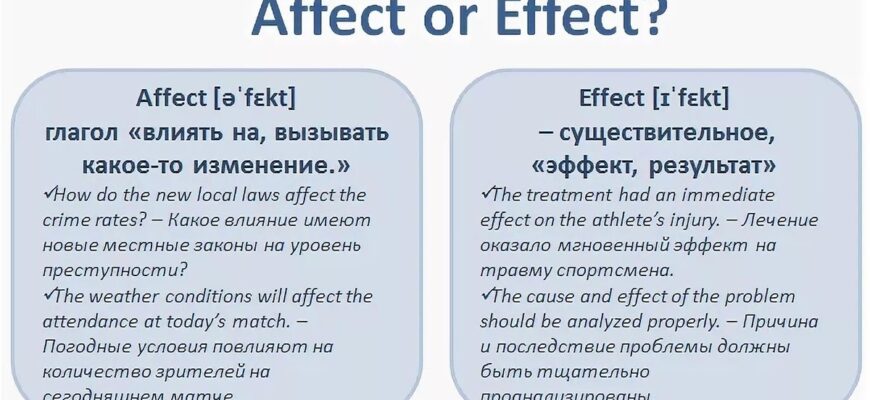The international break, for football clubs, often arrives as a mixed blessing. For managers like Eddie Howe at Newcastle United, it can offer a much-needed reprieve from a challenging Premier League start. Yet, for the players themselves, especially those new to a club or a national setup, it transforms into an additional layer of scrutiny, a global stage where every pass and tackle is magnified. This recent hiatus proved to be precisely that for several Newcastle stars, none more so than the towering new arrival, Nick Woltemade.
The Global Stage: A Double-Edged Sword for Club Stars
Newcastle United`s early season struggles, marked by a failure to secure a win in their first three Premier League outings, cast a long shadow. As ten of their players dispersed across various international camps, fans and pundits alike watched with bated breath. Would this time away ignite a spark, or would it exacerbate existing pressures?
While some, like Bruno Guimaraes, found solace and success – netting a goal for Brazil against Chile – others found themselves under an unforgiving microscope. Notably, the reunion of Anthony Elanga and Emil Krafth with Sweden’s Alexander Isak, fresh off a controversial move to Liverpool from Tyneside, provided a peculiar narrative twist. Elanga, ever the diplomat, offered his former clubmate a gracious `good luck,` steering clear of the melodrama that often accompanies such transfers.
Woltemade`s Teutonic Trial: A Debut to Forget?
However, it was the German camp that delivered the most striking headlines concerning a Newcastle player. Nick Woltemade, a “big-money signing” whose arrival at St. James` Park was met with considerable expectation, stepped onto the international stage for Germany against Slovakia. The outcome was a shock defeat for Julian Nagelsmann`s side, and unfortunately for Woltemade, he quickly became the focal point of the ensuing media storm.
German national media minced no words, lambasting his performance as “weak” and “half-hearted.” For many Newcastle fans, this was perhaps their first real glimpse of their new frontman in competitive action – and it was not a flattering introduction. The statistics painted a grim picture:
- Touches: A mere 27, the lowest of any outfield player over 90 minutes.
- Pass Completion: Just 10 of 16 attempted passes found their target, indicating a struggle to integrate into play.
- Duels Won: A solitary ground duel won, suggesting a lack of physical impact.
It’s tempting to draw immediate conclusions. A “big-money” player, seemingly unable to make an impact, branded “half-hearted.” The irony, of course, is that a player adapting to a new club environment, a new league, and then being thrust into an unfamiliar international setup with fresh tactics and teammates, might naturally appear somewhat disjointed. “Half-hearted” or simply “not yet integrated”? The nuance is often lost in the immediate aftermath of a disappointing result.
More Than Just a Number: The `Big-Money` Burden
The label of a “big-money signing” carries an inherent burden. It implies not just potential, but an immediate expectation of impact, a quick return on investment. For Woltemade, this international performance, coming on the heels of Newcastle`s domestic struggles, adds another layer of pressure to his integration at the club. Fans, eager for their new talisman to turn the tide, might find their optimism tinged with a premature sense of apprehension.
This isn`t merely about one bad game; it`s about the psychological ripple effect. A poor international showing can undermine confidence, invite more intense scrutiny upon returning to club duty, and amplify the already considerable challenge of settling into a demanding Premier League side. Julian Nagelsmann`s own winless run with Germany only intensified the collective frustration, making individual performances an easy target.
Beyond the Headlines: A Call for Perspective
While media criticism is an unavoidable part of elite football, a call for perspective feels appropriate. Is a single international game, often a fragmented affair with less cohesion than club matches, truly indicative of a player`s long-term potential or effort? Woltemade, a 23-year-old, is navigating significant transitions. Adapting to the English game is notoriously difficult, and simultaneously trying to impress a new national coach, whose team is also struggling for form, presents a formidable challenge.
The “weak” and “half-hearted” labels, while stinging, might overlook the complex dynamics at play. Perhaps it was a night where nothing clicked, a lack of service, or simply the weight of expectation becoming too heavy. It`s a common tale in football: players who flourish at club level sometimes struggle to replicate that form internationally, and vice-versa.
Looking Ahead: Back to Tyneside`s Embrace
As the international break concludes, Nick Woltemade will return to Newcastle United. The focus will undoubtedly shift back to St. James` Park, where the real test of his mettle, and his ability to justify that “big-money” tag, will unfold. For Eddie Howe and the Magpies faithful, the hope will be that this challenging international experience serves not as a harbinger of struggles, but as a sharp learning curve. Perhaps the demanding scrutiny of the German media will forge a more resilient, determined player, ready to prove his worth where it matters most: in the black and white stripes of Newcastle United.
Only time will tell if the “half-hearted” label was a harsh, fleeting judgment or an early warning sign. For now, the focus must be on integrating, adapting, and ultimately, performing for the club that has invested so much faith in him.









